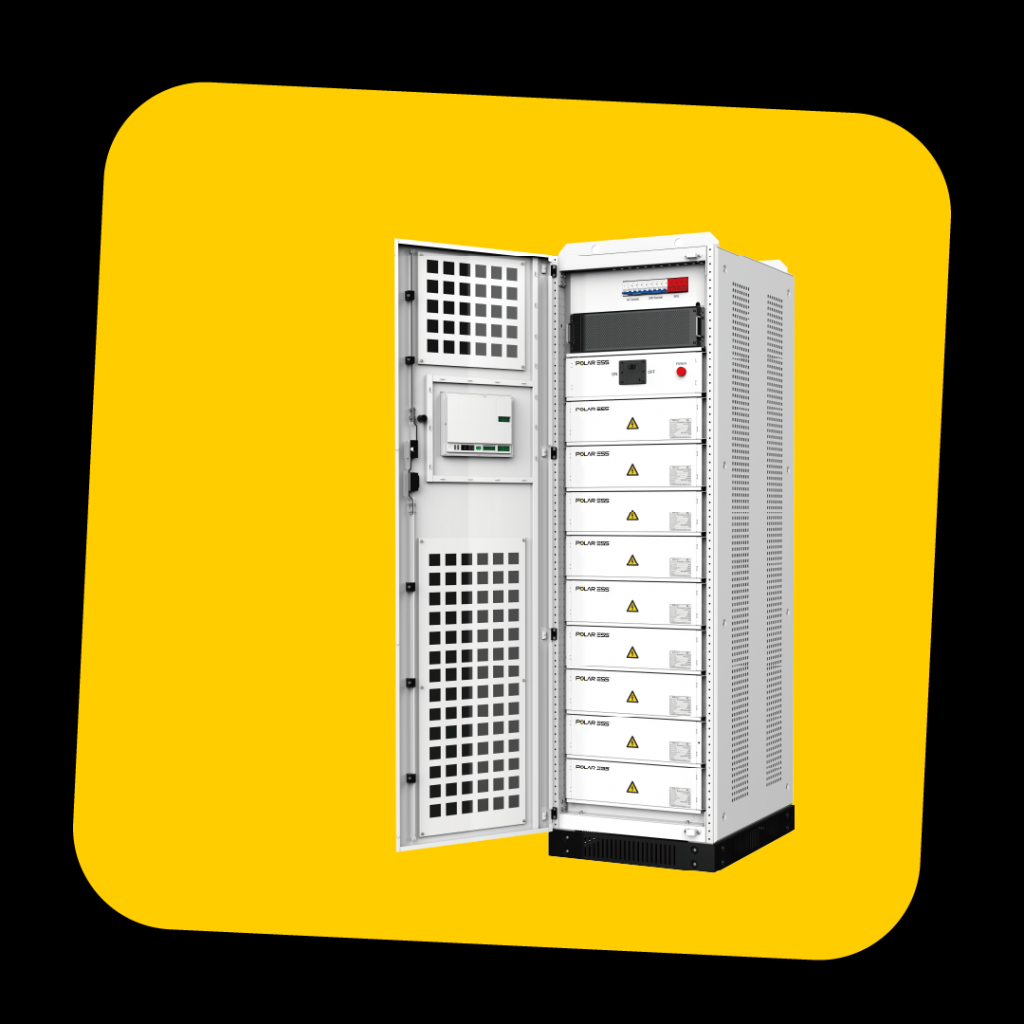
energy management plays a crucial role in ensuring efficient and sustainable energy usage. By effectively monitoring, controlling, and conserving energy resources, it enables individuals and organizations to reduce their carbon footprint and contribute to a greener future.
The Importance of Energy Management
Energy management involves the strategic planning and implementation of measures to optimize energy consumption. It encompasses various aspects such as energy efficiency, demand response, renewable energy integration, and load balancing. Through effective energy management practices, we can minimize wastage, lower costs, enhance reliability, and mitigate environmental impacts.
Polar ESS: Revolutionizing Energy Storage Solutions
Polar ESS (Energy Storage System) is an innovative technology that plays a significant role in modern energy management strategies. It offers advanced battery storage solutions capable of storing excess electricity generated from renewable sources like solar or wind power. This stored energy can then be utilized during peak demand periods or when renewable generation is low.
Polar ESS employs cutting-edge lithium-ion batteries with high capacity and fast charging capabilities. Its intelligent control systems ensure optimal utilization of stored energy by intelligently managing supply-demand dynamics. By integrating Polar ESS into the grid infrastructure, utilities can enhance grid stability while maximizing the utilization of clean energy sources.
Commercial BESS: Empowering Businesses with Efficient Energy Usage

Commercial Battery Energy Storage Systems (BESS) are another vital component of comprehensive energy management strategies. These systems cater specifically to commercial establishments by providing them with reliable backup power during outages or reducing peak demand charges through load shifting techniques.
BESS units utilize large-scale battery arrays capable of storing substantial amounts of electricity efficiently. They enable businesses to draw power from these batteries during times when utility rates are high, reducing their reliance on the grid and minimizing costs. Additionally, BESS units can also support renewable energy integration by storing excess electricity generated during off-peak periods for later use.
Conclusion
In conclusion, energy management is a critical aspect of achieving sustainable and efficient energy usage. By implementing technologies like Polar ESS and Commercial BESS, we can optimize our energy consumption patterns while promoting the integration of renewable energy sources into our grids. Through these advancements in energy management practices, we pave the way towards a greener future with reduced environmental impact and enhanced economic efficiency.

